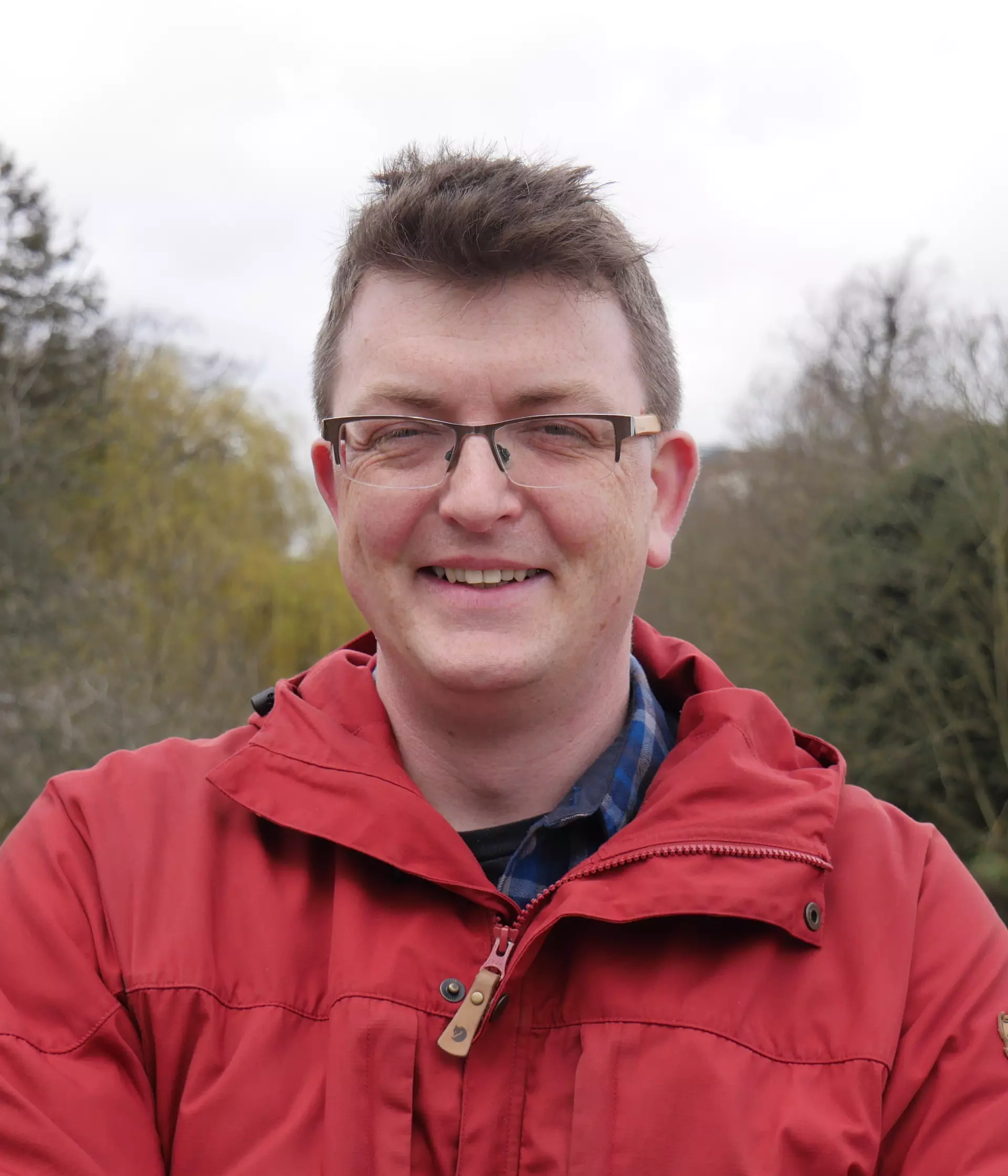Institute of Zoology (room 125)
Zoological Society of London
London
NW1 4RY
United Kingdom
Tel: 07976180813
Robin Freeman is the Head of the Indicators and Assessments Unit at ZSL.
This unit focuses on understanding the patterns and processes of global biodiversity change. From understanding global population trends through indicators like the Living Planet Index to how these trends respond to pressures and drivers across multiple scales. Together Robin's unit maintains and produces the Living Planet Index which is reported biannually with WWF in the Living Planet Report.
Robin originally conducted his doctoral work in a combination of zoology and machine learning & pattern recognition and he maintain a strong interest in novel analytical methods to better understand the natural world (including working closely with ZSL's Conservation Technology Unit).
Robin also works very closely with the Centre for Biodiversity and Environment Research (CBER) at UCL and have previously had roles in the Computational Ecology group at Microsoft Research Cambridge with CoMPLEX at UCL and with the Animal Behaviour group at Oxford University.
We are always looking for new research students and interesting research collaborations. Please get in touch with Robin if you'd like to discuss.
Robin supervises and co-supervises a number of students through NERC DTPs (e.g. the London NERC DTP, Imperial QMEE CDT, Imperial SSCP DTP) which may offer opportunities for doctoral funding.
- Global Biodiversity Change
- Global Biodiversity Indicators
- Data-driven ecology and conservation
- Animal behaviour and conservation
- Computational and technological systems for ecological data collection
- Spatial ecology, foraging and migration.
- Analysis and modelling of animal movements
- Collective Behaviour
Some selected recent publications:
- Wearn, O. R., Freeman, R., & Jacoby, D. M. (2019). Responsible AI for conservation. Nature Machine Intelligence, 1(2), 72.
- Ament, J. M., Collen, B., Carbone, C., Mace, G. M., & Freeman, R. (2019). Compatibility between agendas for improving human development and wildlife conservation outside protected areas: Insights from 20 years of data. People and Nature.
- Crees, J. J., Turvey, S. T., Freeman, R., & Carbone, C. (2019). Mammalian tolerance to humans is predicted by body mass: evidence from long‐term archives. Ecology, e02783.
- Mace, G. M., Barrett, M., Burgess, N. D., Cornell, S. E., Freeman, R., Grooten, M., & Purvis, A. (2018). Aiming higher to bend the curve of biodiversity loss. Nature Sustainability, 1(9), 448.
- Barrett, M., et al. "Living planet report 2018: Aiming higher." (2018).
- Spooner, F. E., Pearson, R. G., & Freeman, R. (2018). Rapid warming is associated with population decline among terrestrial birds and mammals globally. Global change biology, 24(10), 4521-4531.
- Jacoby, D. M., & Freeman, R. (2016). Emerging network-based tools in movement ecology. Trends in ecology & evolution, 31(4), 301-314.
- Dixon, M. J. R., Loh, J., Davidson, N. C., Beltrame, C., Freeman, R., & Walpole, M. (2016). Tracking global change in ecosystem area: The Wetland Extent Trends index. Biological Conservation, 193, 27-35.
- McRae, L., Freeman, R., Deinet, S. (2014) The State of the Planet in McLellan, R, et al., eds. Living Planet Report 2014: species and spaces, people and places. World Wide Fund for Nature, 2014.
